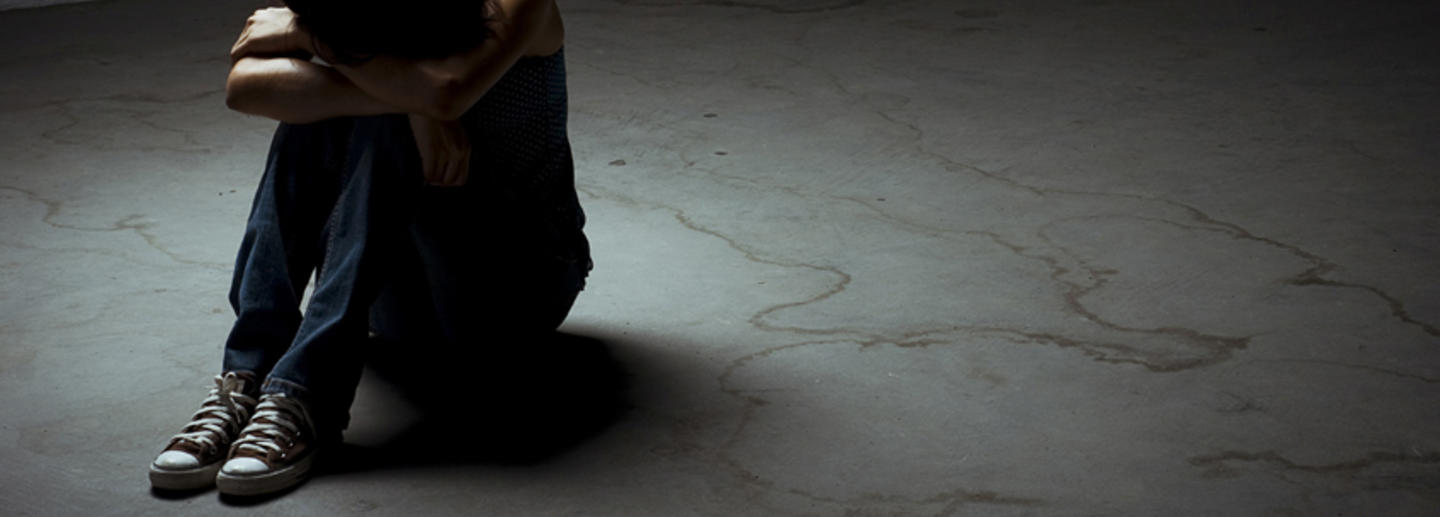According to the Council of Europe, one in four European women experience domestic violence at some point in her life. Hospital statistics of broken bones and bruises tell the painful truth about the physical signs of battering relationships. But the profound effects on the lives of the victims – including loss of health, dignity and security – that hamper their ability to function in daily life are largely hidden.
A groundbreaking UK study from 2004 revealed, however, the costs in monetary terms of the abuse. The study, commissioned by the Women and Equality Unit, uncovered that domestic violence cost the British economy a staggering £23 billion a year. The cost to UK services, such as criminal justice, health and social services, amounts to £3.1 billion. Loss of economic output due to time off work or lessened productivity is estimated at £2.7 billion, while the remaining £17 billion are the costs in term of pain, suffering and loss of employment, housing or health.
While fighting gender-based violence is first and foremost a matter of human rights, it also pays off in an economic sense. The new round of Norway Grants will finance programmes aimed at preventing and tackling domestic and gender-based violence in several beneficiary states.
Suggested activities include measures to prevent domestic abuse and trafficking from happening through development of national strategies, awareness-raising and advocacy, to protect victims through shelters, phone lines and crisis centers, and to provide more practical support to help victims to rebuild their lives.
Commenting on the results of the 2004 UK study, Julia Girardi of WAVE, a European network of non-governmental organisations working in the field of domestic violence, says prevention and protection costs very little in such a comparative perspective. Today, Girardi is one of the speakers at the EEA and Norway Grants event on gender equality taking place in Brussels.
